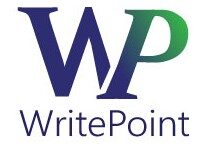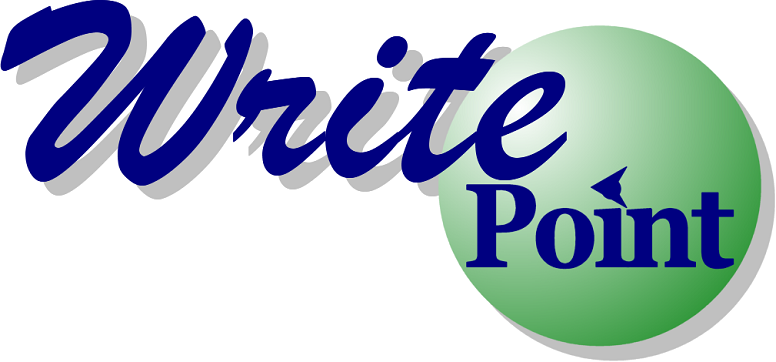We recently held our Resumes and Interviewing Skills section of our Technical Writing course and as always I am reminded how the safest and best advice is often the most obvious.
People know how to behave. They know what is expected of them and yet sometimes during the job interviewing process, they put much of what seems to be common sense away. Some people “barrel” through an interview; some show they are nervous to the point of forcing the interviewer to wonder what the person is hiding.
Sometimes, the resume is so good one wonders if it is credible. I once got a person’s resume from two different places – one from the person and one from an agency. I had received the agency’s copy first. It listed the candidates expertise in RoboHelp. The copy sent by the person was identical in all job history and personal details except that one line about RoboHelp was missing.
I am convinced that while the agency did not consider my background with RoboHelp, the candidate probably knew that I was a RoboHelp MVP and figured it was safest to delete this line. I chose not to interview the person because I felt this was cheating in some way and the temptation to question and risk embarrassing the person was too great. The only reasonable explanation I could come up with was that the candidate’s initial resume was clearly claiming an expertise in RoboHelp that didn’t exist and when faced with someone who might have challenged that knowledge, the line was deleted.
I have found over time that I am a very hard interviewer. I don’t expect perfection, but I do require honesty and value those resumes and cover letters that give me a sense that this is a human being, with strengths (and weaknesses). This was part of our discussion last week.
During the session last week, we focused on resumes and cover letters, but also on some of the basics of interviewing. Following are a few of the highlights we discussed:
- Do the research before you go on an interview. Know the company, know the key people, the products. No one will expect you to be an expert on their technology, but you should have a basic sense of what the company does, how big it is, where its key facilities and departments are located.
- Make sure you arrive on time; make sure you are dressed properly for the season, for the occasion, for the country. If you are a recent immigrant wondering if you should wear a suit, the answer is no. Likewise, I personally would not recommend sandals and jeans.
- Have copies of your resume with you. You never know who may join the interview suddenly or if the person interviewing you has a copy readily available. It always looks professional when you can have these copies on hand.
- Listen to what the interviewer is asking and answer that question. It isn’t about what you want to tell them as much as it is about what they want to know. In those questions and comments are clues to what they are looking for and if you listen, you can tailor your answers more appropriately.
- Think before you answer; you can say it is an excellent question or one you’ve never been asked before to give yourself time. Think. Consider what they want to hear and why they are asking the question but be honest, be clear, be concise in your answer.
- Don’t ask about money; don’t ask about vacation and benefits. There will be time for that later. First you want them to decide they want you – then you can discuss the conditions.
- Be prepared to answer the standard questions – what salary are you looking for? What do you consider to be your greatest strengths and/or weaknesses? What are your personal goals in the field? Nothing says you have to answer with exact numbers or details – but you have to have “AN” answer ready, whatever that answer will be.
- Be prepared with references. It looks bad when you have to think long and hard about who might recommend you. If you have LinkedIn – and you should – consider asking friends and most important professional contacts to recommend you. Consider printing these recommendations and taking them with you to the interview (with a link so that the interviewer can find these and other recommendations on your LinkedIn profile).
- Be prepared to explain problems in your resume – gaps or constantly changing jobs are two big “problems” they might want to discuss.
Finally, after you leave the interview, go sit somewhere and write down your thoughts. What did you do right? What did you do wrong? What were your impressions? If you didn’t handle a question properly in your mind, write down the answer you gave.and the one you should have given. Write down details of what they told you about the job, what they are looking for, and whatever else you learned during the interview. Write the name of the people you met with, their position, comments they might have made.
And remember the most important point of all – there are no bad interviews…even one that might not have seemed to have gone well can still be turned into a good experience, IF you learn from it.

